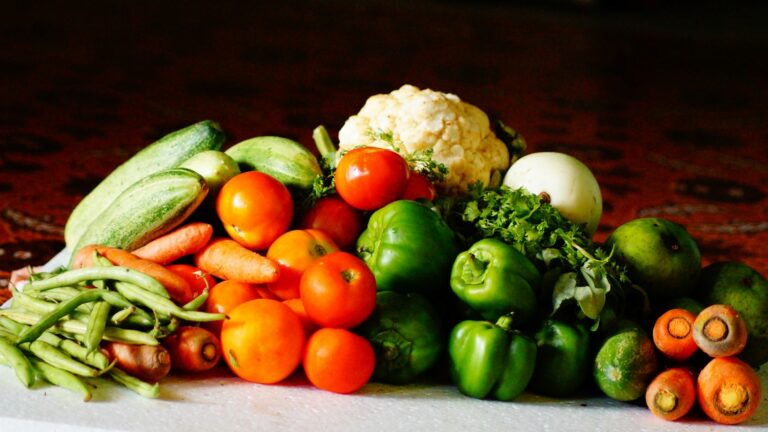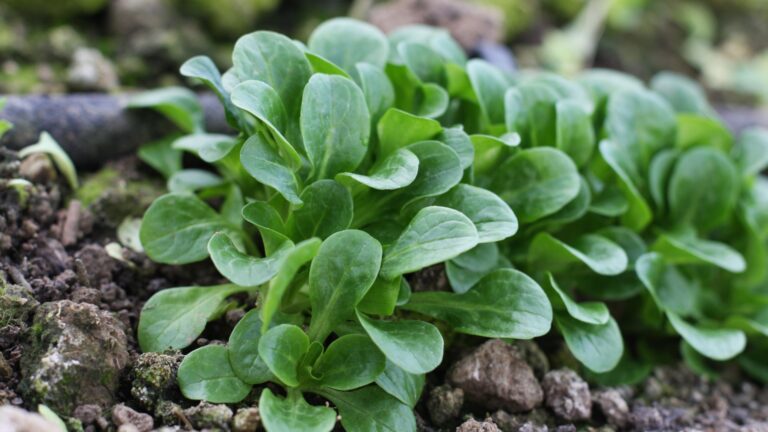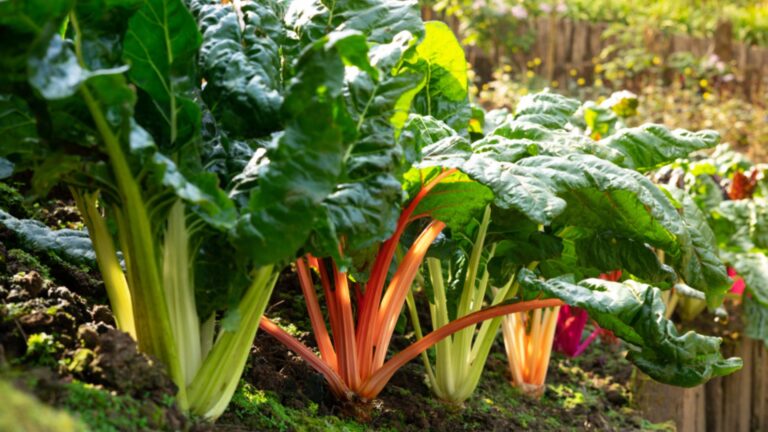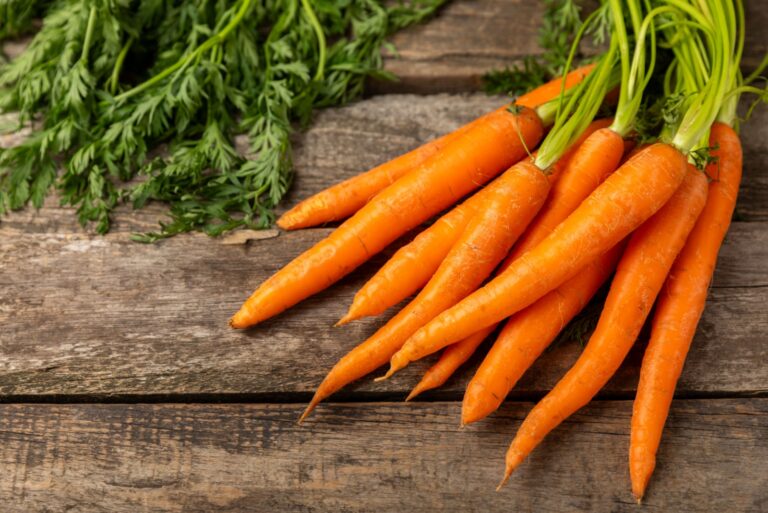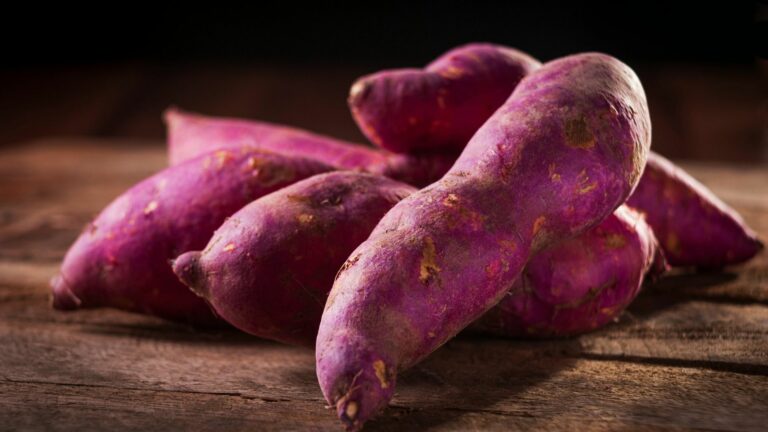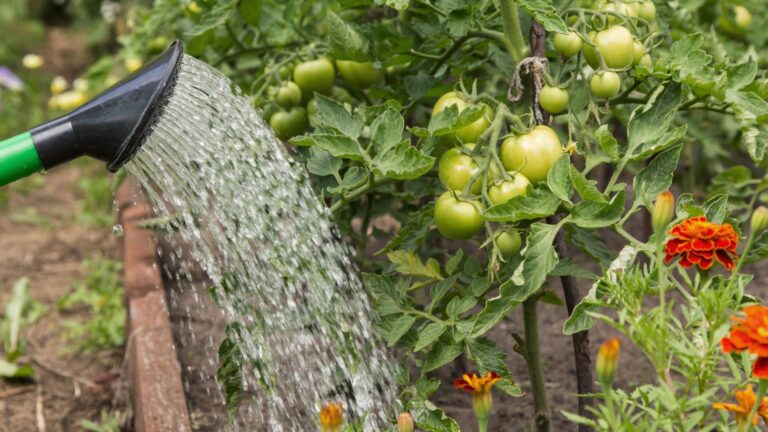11 Cucumber Varieties That Thrive In Any Garden
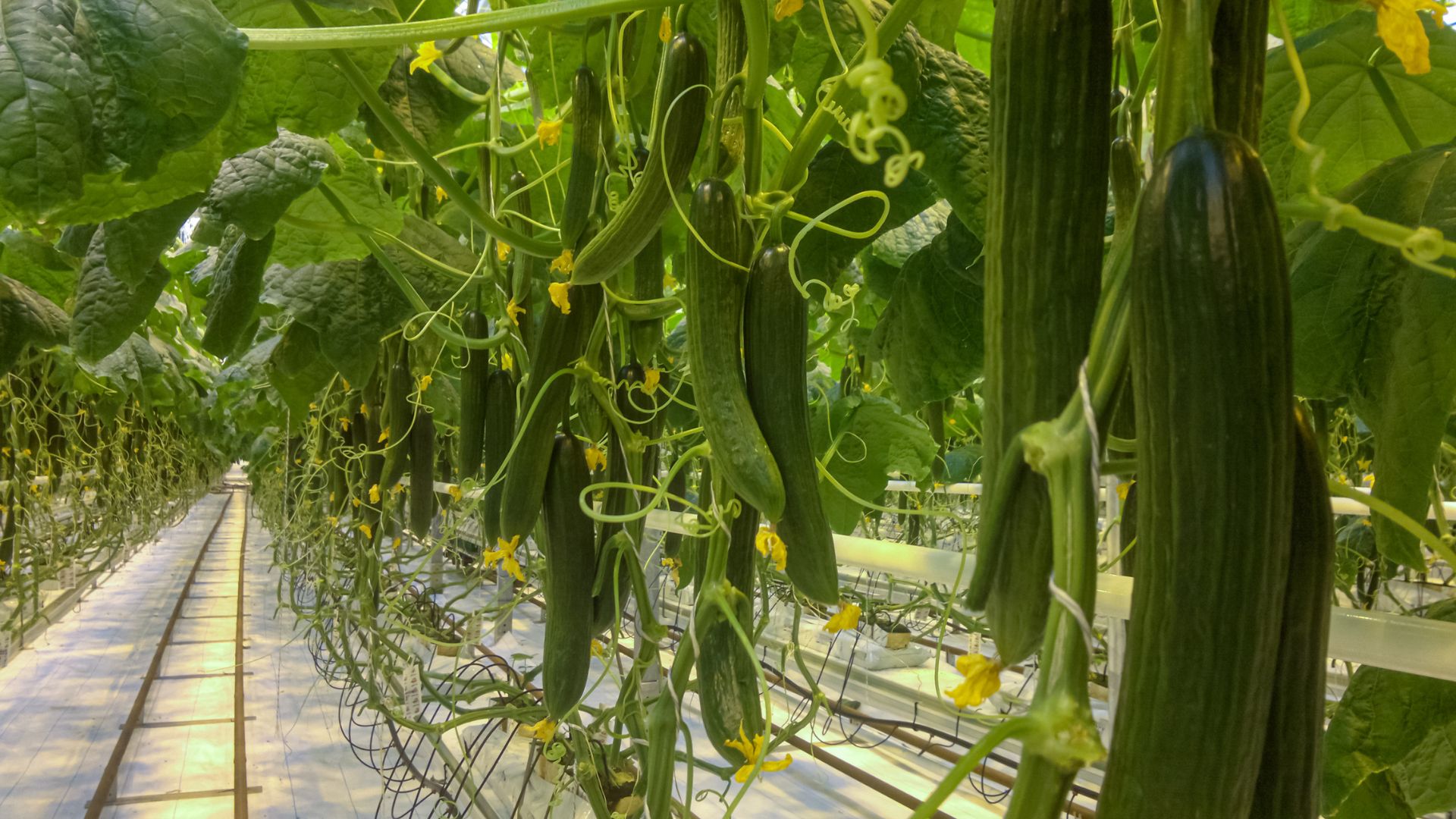
There’s nothing better than harvesting a fresh cucumber straight from your own garden!
When I first started growing cucumbers, I had a few disappointing seasons. Once I got the gist of the plant care, I figured that the variety of cucumber also plays a very important role.
Some cucumber varieties are more pest-resistant, some are ideal for pickling, and some can tolerate harsh weather conditions. It’s crucial to figure out what exact type you need, and to follow the right plant care guide.
In this article, we are going to explore a variety of cucumber options, each with its unique qualities and uses. Let’s find the perfect one that suits your needs!
Disease-tolerant Cucumbers
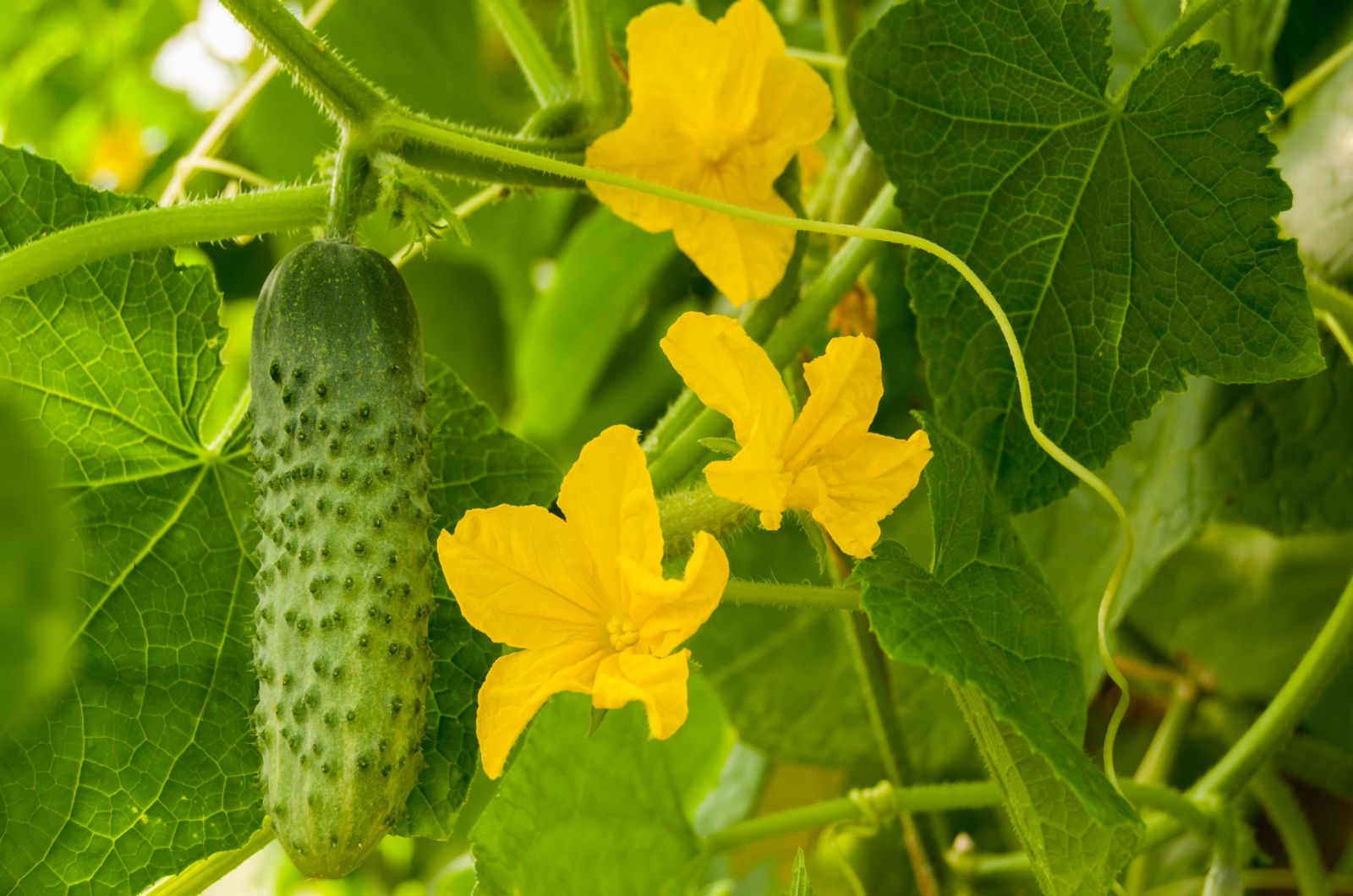
If you often have issues with pests and fungal diseases in your garden, then you should definitely opt for disease-tolerant cucumbers. These cucumbers have natural resistance to common cucumber ailments like powdery mildew, downy mildew, and cucumber mosaic virus.
For instance, County Fair cucumbers are resistant to bacterial wilt and also parthenocarpic, which means that they don’t need to be pollinated in order to produce fruits. Ashleys cucumbers are resistant to mildew.
The Calypsos varieties are resilient to several diseases such as powdery mildew, cucumber mosaic virus, and angular leaf spot. Disease-tolerant varieties not only ensure a healthier garden but also reduce the need for chemical interventions.
You might be interested in: Reasons For And Solutions To White Spots On Cucumber Leaves
Cucumbers With The Best Weather Tolerance
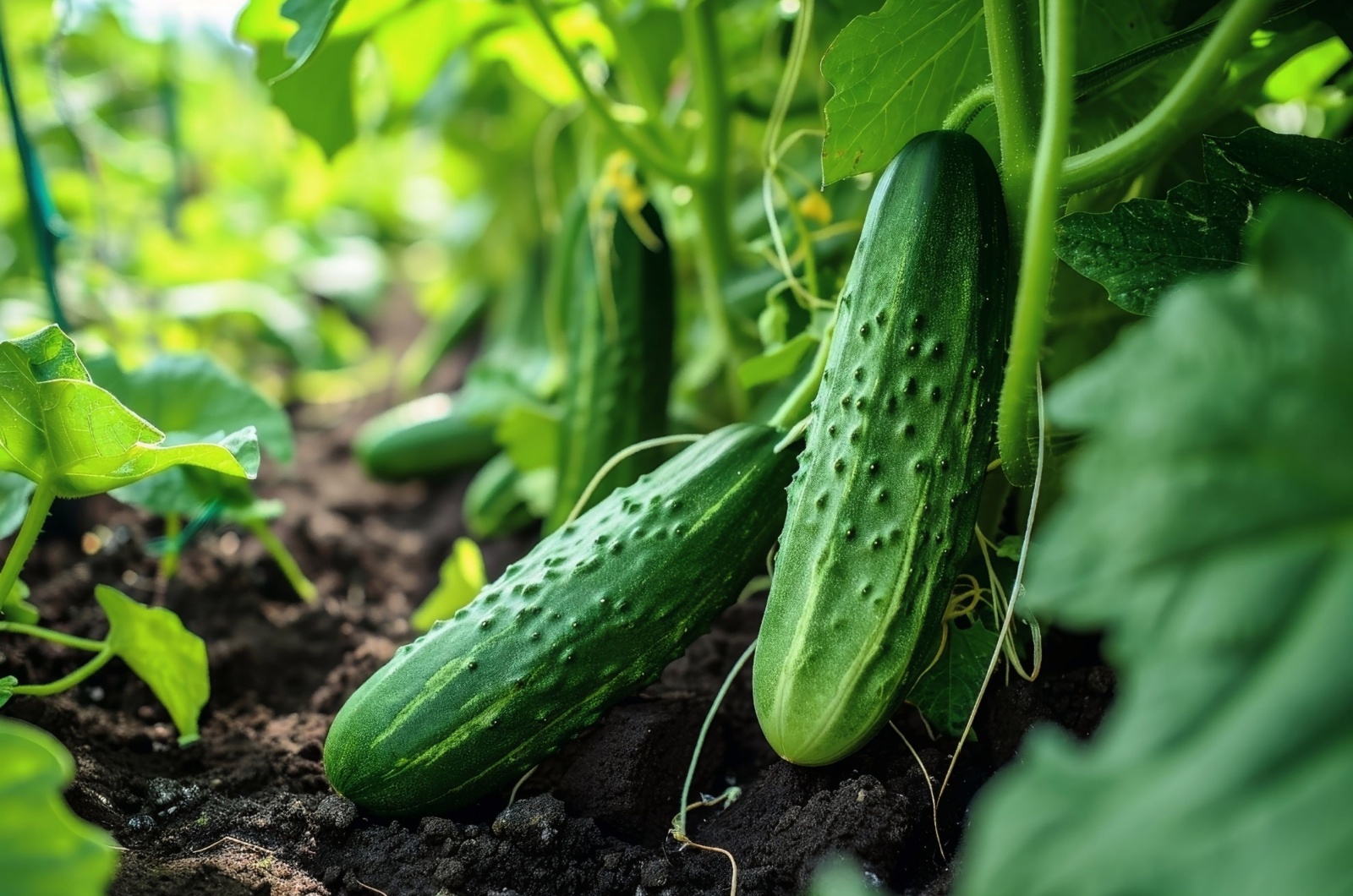
If you live in an area with crazy weather changes, it might be difficult to grow a healthy vegetable garden. Luckily, there are a few cucumber varieties that can grow in all kinds of climates.
For instance, we already mentioned Ashleys cucumbers but these are also great for growing in very hot and humid climates. Triumph, Marketmore 76, and Poinsett are the best varieties to grow in hot regions because they are heat and drought tolerant.
If you live in a very dry region, then check out: 27 Drought Tolerant Plants For The Driest Environments
Ideal Slicing Cucumbers
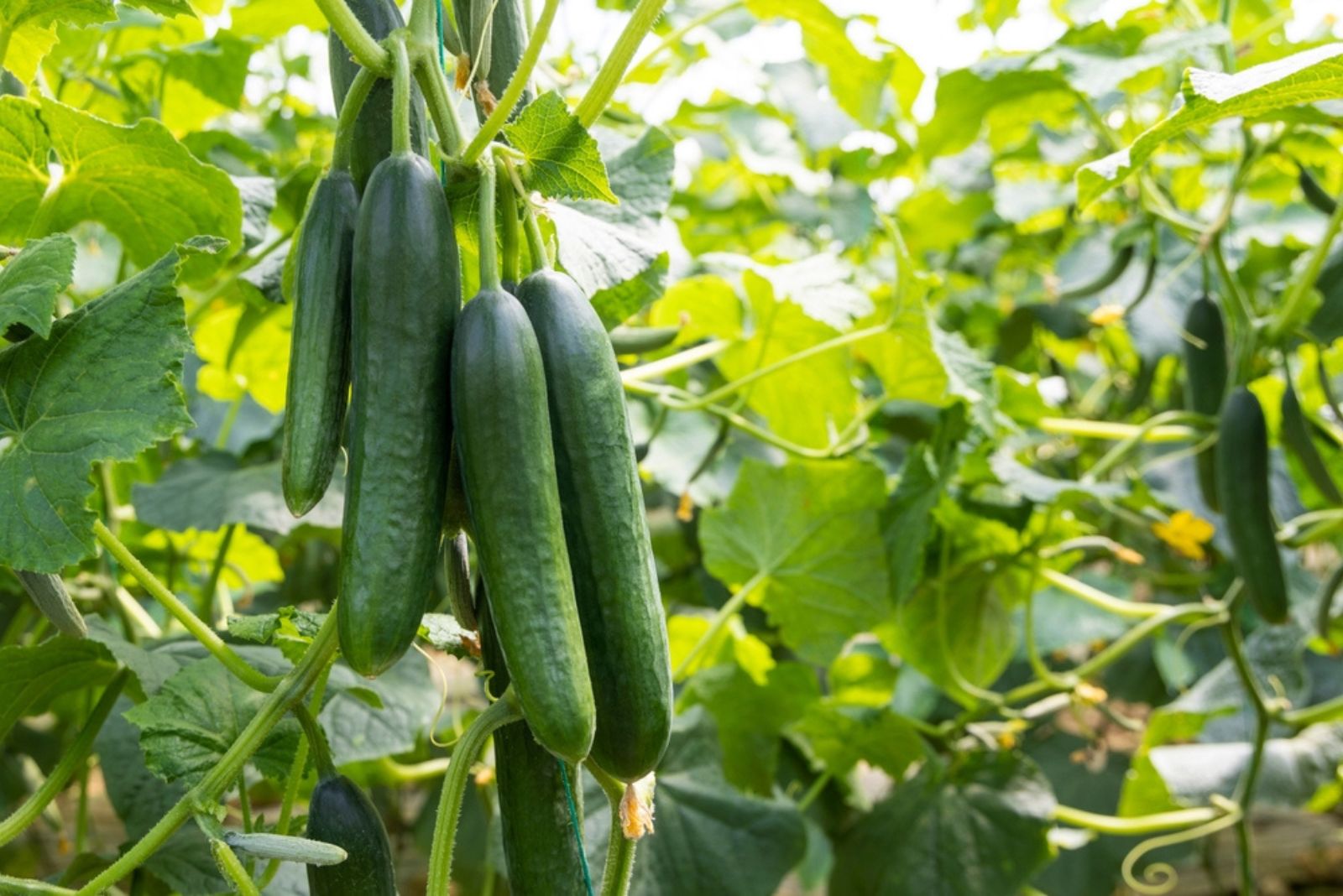
For those seeking cucumbers perfect for fresh salads, sandwiches, or snacking, slicing cucumbers are the top choice. These varieties offer crisp flesh, thin skins, and a mild, refreshing flavor.
Divas, Straight Eights, and Sweet Successes are some of the best varieties that you can easily grow in your home garden. If you don’t like bitter cucumbers, then Sweet Successes are the perfect choice for you.
Additionally, these varieties are also parthenocarpic, so you can grow them in greenhouses or regions with low pollinator populations. They are ideal for slicing and eating fresh because there are very few small seeds due to the lack of pollination.
Divas have thin skins and a sweet taste. Plus, they are parthenocarpic and won’t produce large seeds. Straight Eights varieties have no curves and usually grow up to 8 inches, which is how they got their name.
These cucumbers can tolerate different weather conditions and poor soil types, but they are also perfect for slicing. In case you are interested in some round cucumber varieties, please check: Round Cucumber Varieties, Their Features, And Care Guides
The Best Pickling Cucumbers
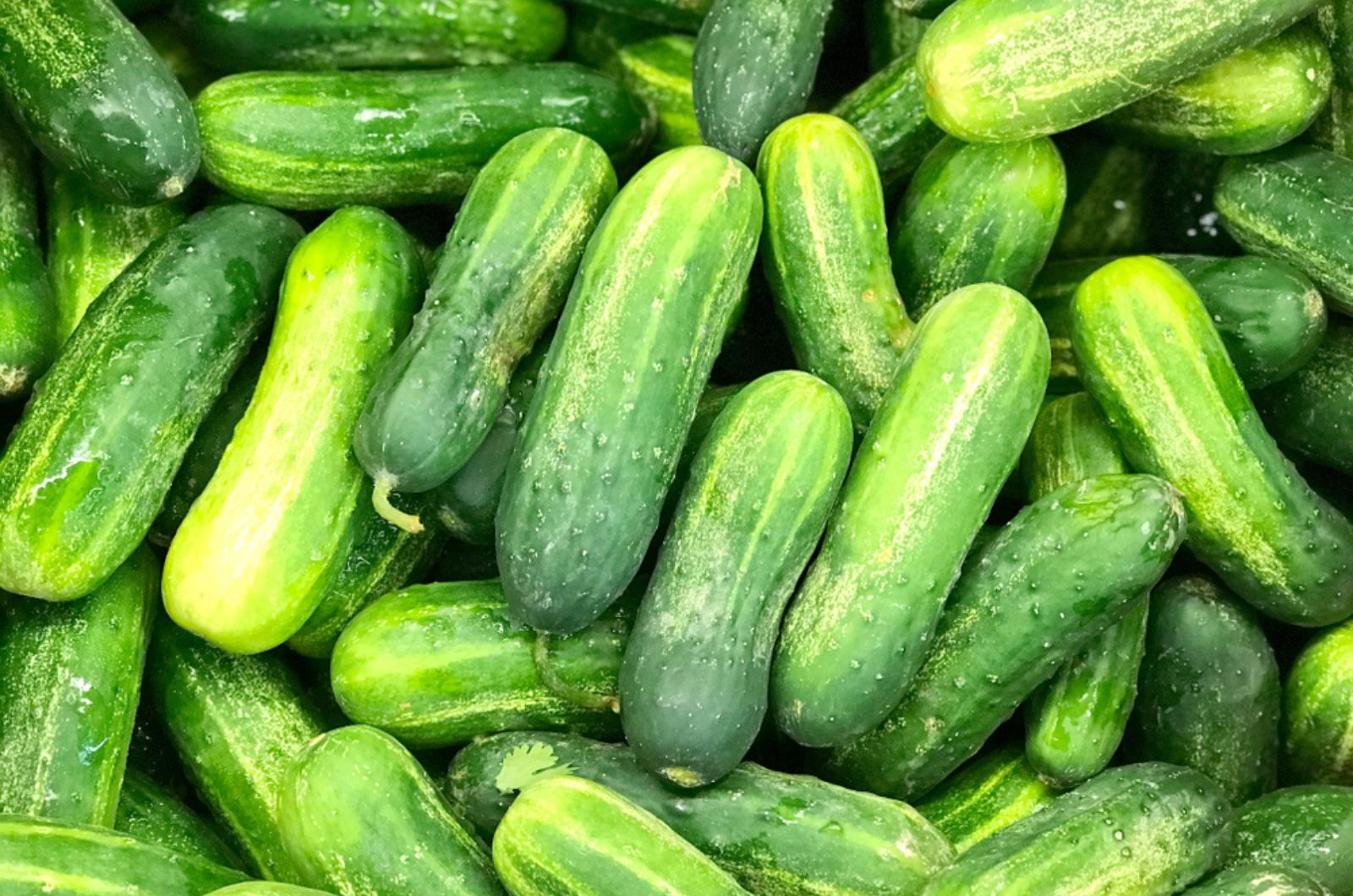
And lastly, we are going to talk about pickles!
When it’s time to make those crunchy pickles, the right cucumber variety makes all the difference. The best pickling cucumbers are selected for their smaller size, thin skins, and exceptional crunch.
Most gardener beginners think that ‘Kirby’ cucumbers are used for pickling due to their smaller size, but there are some other varieties that are top-notch for pickling!
For instance, Boston’s cucumbers are known for their crispness even after the pickling process. They grow between 3 to 7 inches and can resist common cucumber diseases. Other varieties called nationals can tolerate powdery mildew much better than other pickling varieties.
We have to also mention Picklebushes, otherwise known as Bush cucumbers. These are compact cucumbers that create bushy patches instead of producing long vines. They are easy to grow and are perfect for smaller gardens or container gardening.
If you are new to container gardening, make sure to check: Discover 15 Veggies Perfect For Container Gardening

